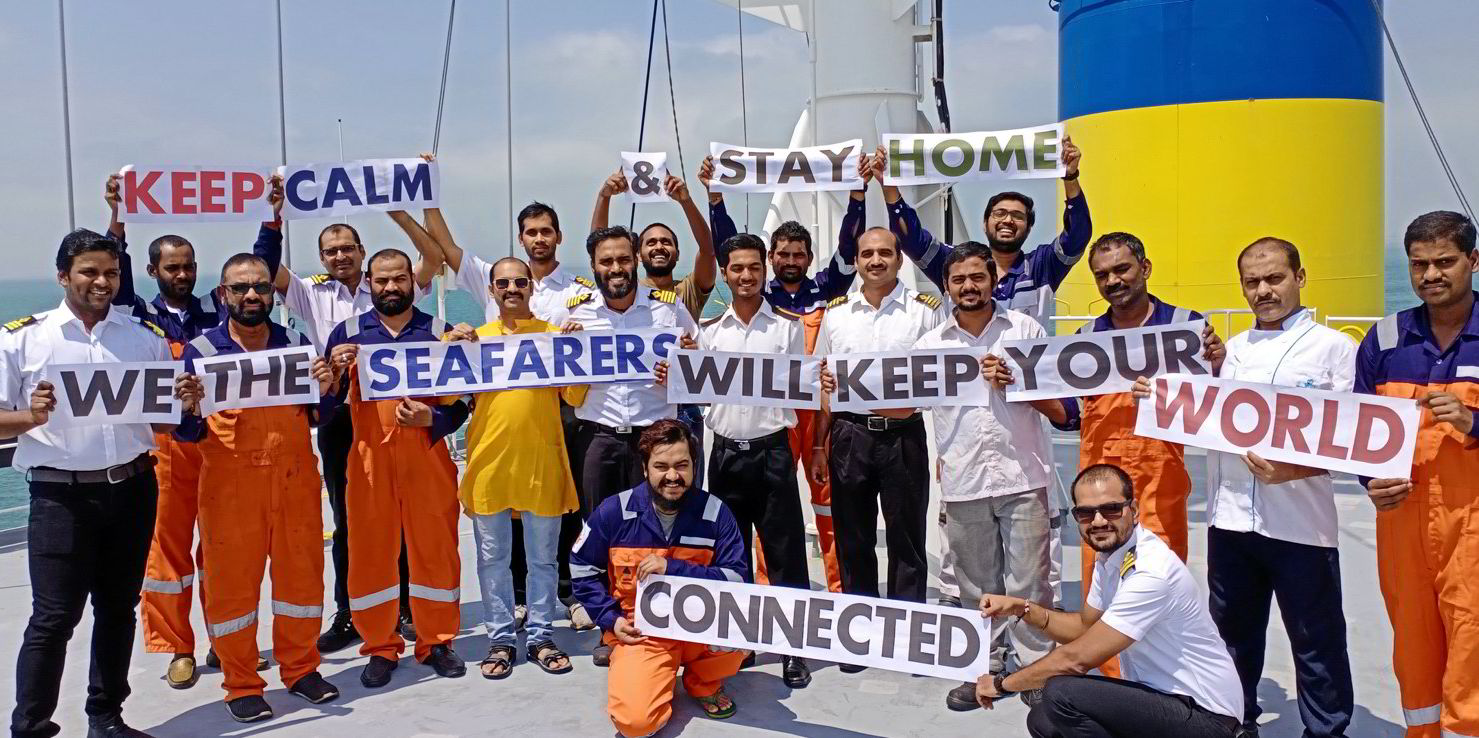The University of Piraeus has reported that seafarers’ perceptions of well-being are no worse on international open register ships than on national flag vessels.
Its independent study — released at Posidonia — stated: “Seafarers who work on board a vessel that flies the flag of a traditional maritime nation and those that are on board a vessel flying an international flag seem to have similar evaluations of the major dimensions that form their well-being.”
The study questions the notion that traditional national flags, such as the UK and Japan, set the highest standards in shipping.
But the findings only really give academic recognition to what has been widely acknowledged in the industry for years.
The distinction between national flags and international open registries has become increasingly blurred.
The more progressive international open registries have built their business around enforcing high compliance standards, while some national registries have deregulated to commercialise.
Year after year, the International Chamber of Shipping (ICS) annual flag state performance table shows that many open registries outperform their national flag counterparts in compliance with international conventions.
That includes the Maritime Labour Convention, which upholds minimum standards for the working conditions of seafarers.
The ICS said: “Distinctions between ‘traditional’ flags and open registers are no longer meaningful, with many open registers among the very top performers alongside several European registers, and flags such as Japan.”
Some open registers even outperform national flags on wage agreements. The Greek national flag has adopted the International Transport Workers’ Federation (ITF) flag of convenience wage agreements to make itself more attractive.
Which raises the question: where does the ITF’s flag of convenience campaign stand as it reaches its 75th anniversary next year?
The campaign aims to achieve global acceptance of a link between the flag a vessel flies and the nationality of its beneficial owner.
But many of the international open registers that the union claims are flags of convenience are performing better than the national registers under which it demands shipowners should flag their ships.
Among the ITF list of 42 flags of convenience are a number of open registers such as the Marshall Islands, Liberia and Bahamas that rank among the industry’s star performers on key indicators like port state control.
More than 70% of ships are now registered with open registers.
Unflagging dedication
With the ITF set to celebrate a milestone anniversary of its campaign, could reports such as that by the University of Piraeus place the union’s view of some flags of convenience in shipping’s dark past?
However, there is another side to the story.
The union’s dedication to the fight has been unwavering, even in the face of successful legal challenges.
Its campaigning against flags of convenience has played a big part in raising working standards and wages as it has sought to end the exploitation of seafarers.
The inspectorate in some cases has forced ships operating on its list of flags of convenience to adopt ITF collective wage agreements.
While there are a handful of open registries on the ITF list that consistently outperform national flags, many of those listed are substandard.
Rogue flags may be increasingly marginalised, and represent only a fraction of the world fleet, but the interests of seafarers employed under them still need to be protected.
Seafarer abandonment and failure to pay wages on ships are also big issues for the industry, across all types of ship registers.
The ITF remains the only body to which seafarers can reliably turn to represent them in such times of distress and in wider industrial relations.





